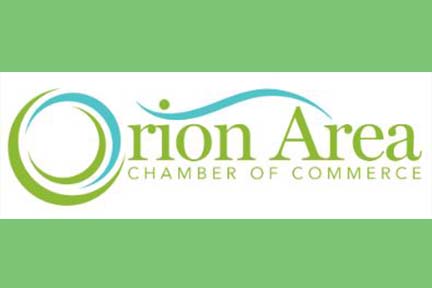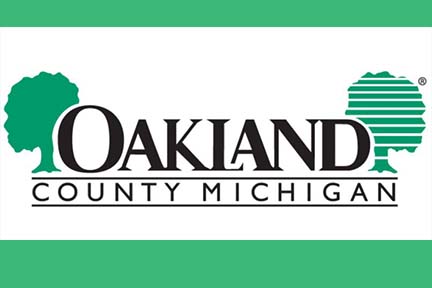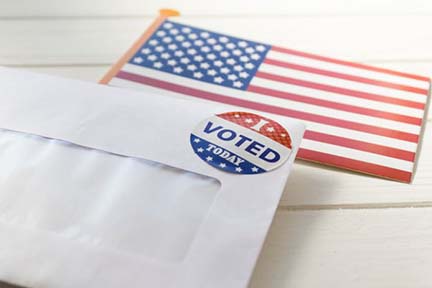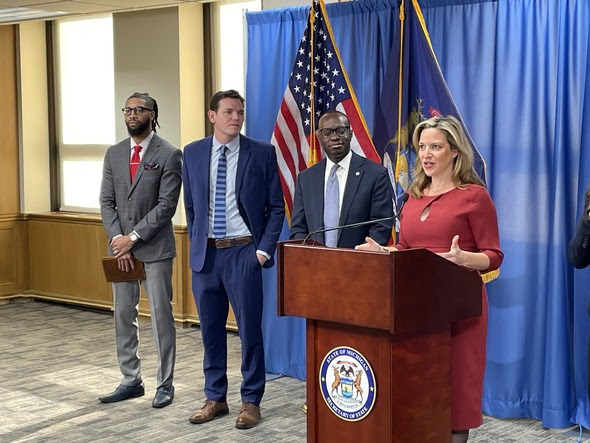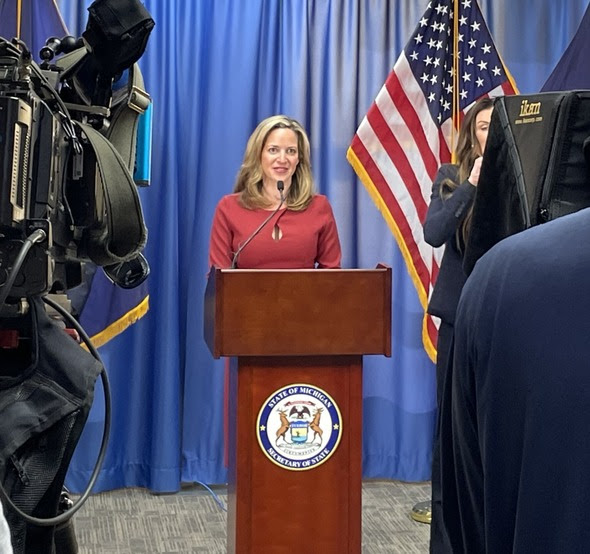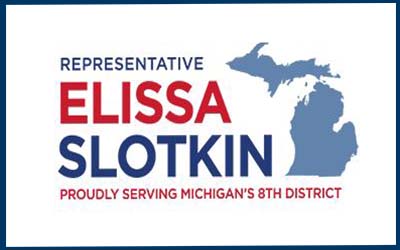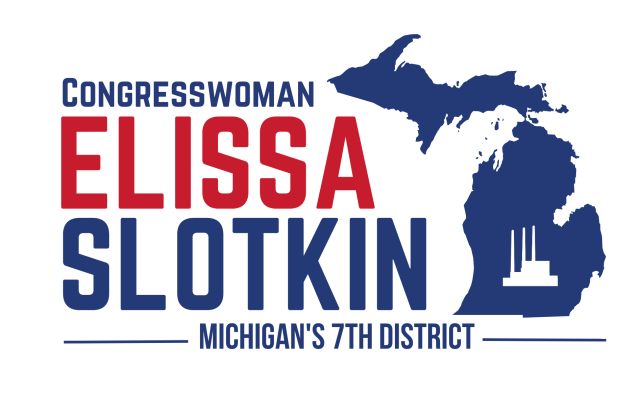
Oakland County Conducts First Siren Test of Severe Weather
Oakland County Conducts First Siren Test of Severe Weather Season
- Oakland County will activate its outdoor warning siren system at 1 p.m. Saturday, March 2. It has 275 outdoor warning sirens, each capable of covering about a one-mile radius from its location.
- Individuals, families, and businesses throughout Oakland County are encouraged to use the siren test as an opportunity to discuss their preparedness plan to ensure that they are ready for severe weather.
- For more resources on how you can prepare your home, school, or business for severe weather emergencies and other disasters, visit oakgov.com/emergency-management. To sign up for OakAlert, click oakgov.com/OakAlert.
Feb. 27, 2024, Pontiac, Mich. – Oakland County will conduct its first outdoor warning siren test of 2024 on Saturday, March 2. It will produce a steady three-minute tone beginning at 1 p.m.
In a real emergency, the siren indicates a tornado has been sighted or strongly indicated on radar or a severe thunderstorm with sustained winds of 70 mph or greater is in the area. Residents would be given instructions to seek shelter immediately and listen to radio or television for more information.
“The first siren test of the season is a great opportunity to learn about why we have sirens and why it’s vital to have an emergency plan,” Oakland County Executive Dave Coulter said. “Knowing what you will do ahead of time and how you will communicate with family and friends is invaluable.”
Individuals, families, and businesses throughout Oakland County are encouraged to use the siren test to discuss their preparedness plan to ensure that they are ready for severe weather. Oakland County Emergency Management has an array of preparedness resources and information about severe weather threats, tornados, downed power lines, floods, and fires on its webpage and social media accounts.
For more resources on how you can prepare your home, school, or business for severe weather emergencies and other disasters, visit oakgov.com/emergency-management. Follow Oakland County Emergency Management @OakGov.EM on X, formerly Twitter, and Facebook for preparedness tips and emergency information.
Oakland County has 275 outdoor warning sirens, each capable of covering about a one-mile radius from its location. The sirens are designed to alert individuals who are outside. People who are inside buildings may hear the siren if they are near the siren location. For indoor warnings, residents are
advised to obtain the FEMA mobile app or purchase a weather radio, which provides notifications of incoming severe weather. Or they can be warned through the “OakAlert” message sent to subscribers.
OakAlert is a self-registering alert system that emails participants about emergencies and disasters in Oakland County, such as chemical spills, significant road closures, missing persons, interruption of county services, health and safety messages, and active assailant situations. Subscribers are notified each time a siren goes off. To sign up for OakAlert, click oakgov.com/OakAlert.

